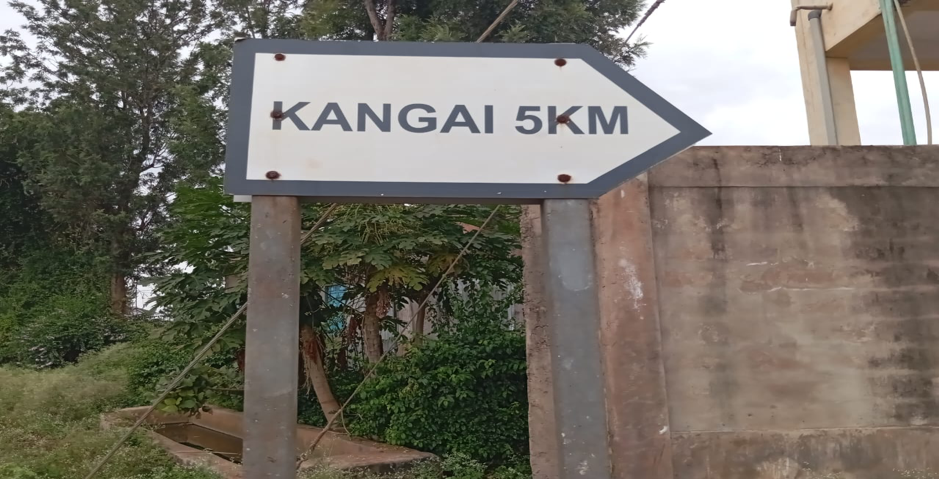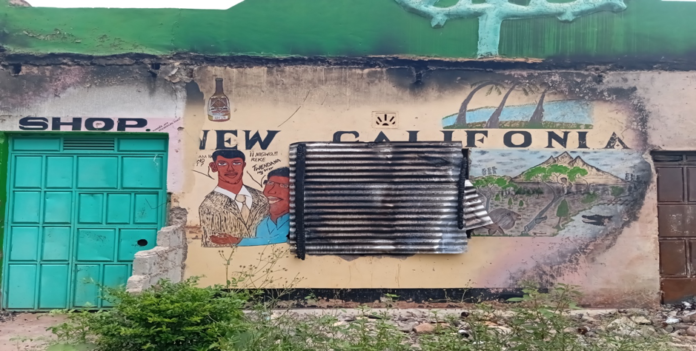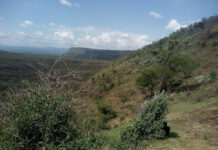By Kimondo Maina, DevReporter, Nyeri County
Key Highlights
- A notable shift in drinking habits has occurred following the tragic Kangai “massacre”, with moderation becoming the new norm.
- The profound and long-lasting effects of the tragedy on the affected families are heavily felt.
Months after the Kangai “massacre”, where several people died because of consuming illicit brew, the community in the area has witnessed a significant shift in drinking habits. The tragic event that occurred between the 4 and 17, February, 2024, served as a wake-up call, leading to a notable decrease in alcohol consumption.
Heavy drinkers, particularly young men, have completely abandoned their alcohol habits. Moderation of alcohol consumption has become the new normal, with people only drinking after the workday.
“The consumption of alcohol decreased because people realised that it was killing them,” Danson Mugo, a boda boda operator in the Kangai are states.
Perceptions towards drinking have changed within this community. The government’s measures, such as regulating bars and licensing, have proved effective. After the closure of all bars in February, only a small number were reopened, and they are well-controlled. Ongoing police patrols have been very effective.

Signpost showing the direction towards Kangai Shopping Centre Photo/Kimondo Maina
Impact of Tragedy on Families
Despite the positive change in drinking habits, the tragedy’s impact on those who lost loved ones remains profound and deeply felt.
“My husband died on February 6 due to the illicit brew. He had been drinking at California,” says Agnes Wanjiku Mwai, a widow of one of the victims, whose husband died only days later after consuming the illicit brew at the Califonia pub.
Agnes was well aware that her husband was a regular at the bar, and when she inquired about his health, he vehemently denied it. It was not until the following morning that his health deteriorated, and he conceded to pleas from his wife and daughter, to have him taken to the hospital.
“We took him to Kerugoya Hospital. He was admitted and started receiving medication, but despite that, he was in immense pain. Sadly, he passed away around 4 pm on the same day,” Agnes says.
Her husband was the sole breadwinner. With his absence, Agnes has taken up her husband’s job of vending ice cream to keep her family afloat.
Danson Ngari was present at the bar during the ill-fated night. He survived, a fact he attributes to taking a different brand of alcohol. He ordered his drinks and made merry with his friends until 10 pm when he left to go home.
The following morning, Danson received a call from his brother that his aunt had passed on. Moments later, they heard cries coming from another direction.
“By 8 am, four people had passed away. Those who had visited the club earlier in the morning reportedly lost their eyesight,” Danson Ngari, lucky survivor, states.
Response to Crisis
Following the tragedy, the county government of Kirinyaga swiftly closed down the bar where the tragedy had occurred. All individuals involved in the manufacturing and distribution of the illicit brew were taken to court and charged.
Additionally, all bars in the village were shut down to prevent further incidents and ensure the safety of the residents. Police patrols have been ongoing since then.
Despite these efforts, some believe that the alcoholism problem cannot be resolved so easily.
“Drinking is still going strong. If someone wants a drink, they travel to Kagio, 6 kilometres away. Motorcycles carry up to 4 people. In addition, take-away drinks are available for those who prefer to drink at home. There’s never a time when drinking slows down,” Danson narrates.
Legislation
Following these occurrences, on 20 March, 2024, the county assembly of Kirinyaga passed the Alcoholic Drinks Act. The Act aims to regulate the production and sale of alcohol.
Penalties include imprisonment of up to five years, or a fine not exceeding Ksh.500,000 for selling alcohol to minors, and imprisonment of up to six months or a fine not exceeding Ksh.50,000 for selling alcohol without a license.
Hawking of alcohol is prohibited, punishable by imprisonment of up to one year or a fine not exceeding Ksh.100,000. The Act also regulates the proximity of alcohol outlets to residential areas, schools, and places of worship. This is in order to ensure that the community is safe from the dangers arising from excessive consumption of alcohol and under-age drinking.
Several months have passed since the Kangai massacre, and the wounds are still fresh. The community is left with open wounds that desperately need healing.
A healing crusade is needed to help the locals move past the February “massacre”. Only through collective effort and support can we hope to address these unhealed wounds and help the community find peace and recovery.






